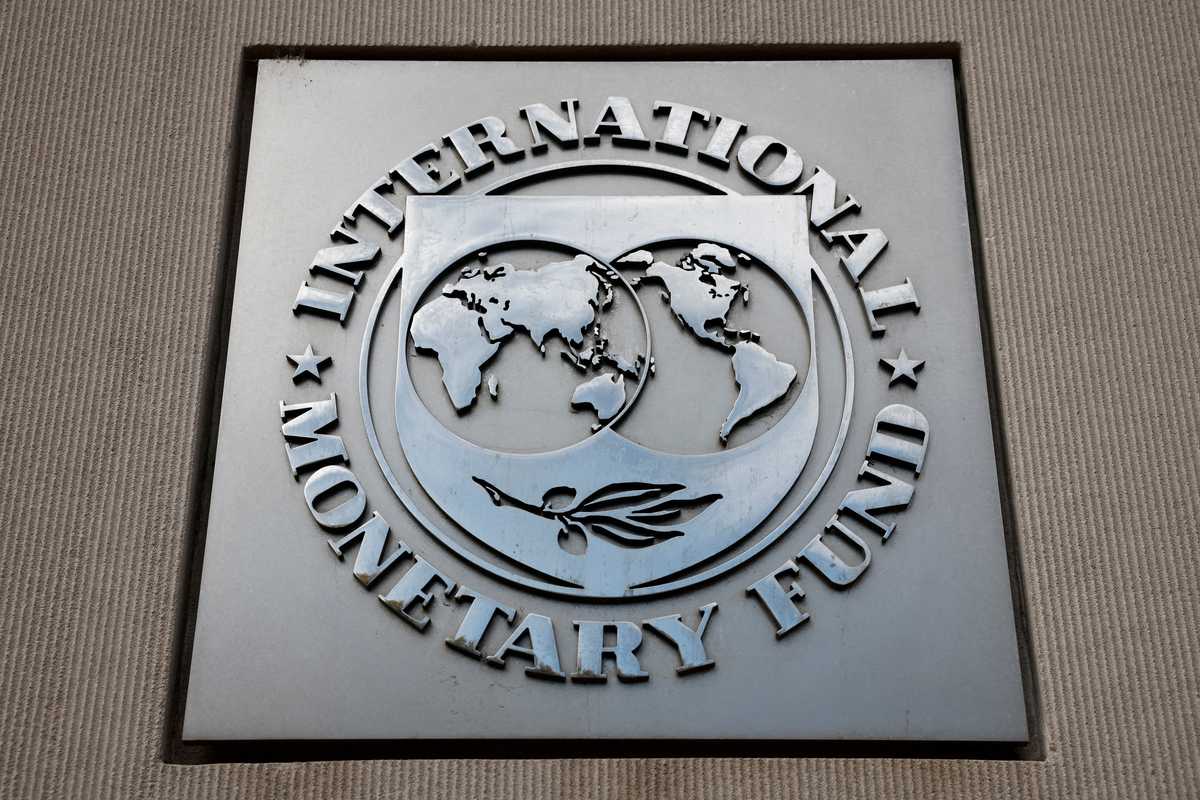IMF, Pakistan reach staff-level agreement for loan program reviews
The deal, part of ongoing Extended Fund Facility and Resilience and Sustainability Facility programs, is likely to unlock $1.2 billion in fresh funding
Business Desk
The Business Desk tracks economic trends, market movements, and business developments, offering analysis of both local and global financial news.

The International Monetary Fund (IMF) said Wednesday it has reached a staff-level agreement with Pakistan on the second review of its $7 billion Extended Fund Facility (EFF) and the first review of the Resilience and Sustainability Facility (RSF), paving the way for the release of about $1.2 billion in new financing once approved by the IMF’s Executive Board.
An IMF mission, led by Iva Petrova, held discussions in Karachi, Islamabad, and Washington between September 24 and October 8 to assess Pakistan’s progress under the two programs. The agreement, once approved by the Executive Board, will unlock around $1.0 billion under the EFF and $200 million under the RSF, bringing total disbursements under both facilities to approximately $3.3 billion.
“Supported by the EFF, Pakistan’s economic program is entrenching macroeconomic stability and rebuilding market confidence,” Petrova said in a statement. She noted that the economy was recovering steadily, with the FY25 current account showing a surplus for the first time in 14 years, inflation easing, and foreign reserves strengthening.
However, she cautioned that recent floods, which have affected nearly seven million people, caused over 1,000 deaths, and damaged large tracts of farmland and infrastructure, had weighed on Pakistan’s growth outlook, trimming projected GDP expansion for FY26 to about 3.25-3.5%.
The IMF said Pakistan’s authorities remain committed to fiscal consolidation, maintaining a primary surplus of 1.6% of GDP in the FY26 budget, and are taking steps to enhance revenue collection through tax compliance and policy reforms. The government is also reallocating funds to provide emergency support in flood-hit areas.
On social protection, the statement highlighted plans to strengthen the Benazir Income Support Program (BISP) and increase spending on health and education to safeguard vulnerable households.
The IMF also noted Pakistan’s progress on structural and energy sector reforms, including measures to prevent the buildup of circular debt, improve governance at power distribution companies, and move toward a competitive electricity market. The government has pledged to continue timely tariff adjustments and advance privatization of inefficient state-owned enterprises.
The State Bank of Pakistan (SBP), meanwhile, will maintain a data-driven monetary policy to keep inflation within its 5-7% target range, with policy rates expected to stay positive in real terms. The IMF called for continued efforts to deepen the foreign exchange market and bolster reserves to cushion external shocks.
The statement also emphasized Pakistan’s commitment to climate resilience, noting reforms supported by the RSF such as policies for green mobility, water system resilience, and disaster risk financing.
Pakistan’s 37-month Extended Fund Facility, approved in April 2024, was designed to restore macroeconomic stability, strengthen public finances, and attract investment after years of fiscal strain. The 28-month Resilience and Sustainability Facility, approved later the same year, aims to support climate adaptation and sustainable growth in a country frequently hit by natural disasters.







Comments
See what people are discussing